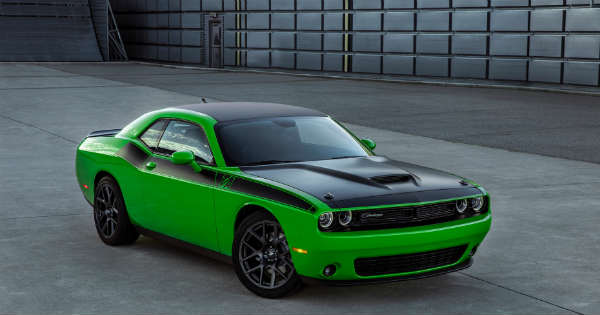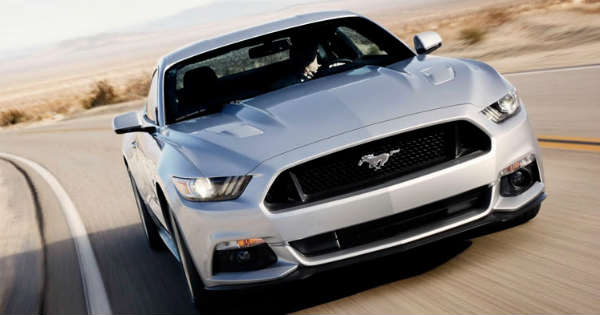Americans are shunning muscle cars, according to The Star Tribune. They report that the combined sales of the most popular muscle cars, including the Ford Mustang and Chevrolet Corvette, were down almost 10% during the first six months of 2018. Understandably, muscle cars aren’t for everyone and any new car should always suit your needs. But, why is the muscle cars sales declining so dramatically?

A growing trend for bigger vehicles
In recent years, Americans have ditched trusty sedans in favor of SUVs and trucks. Business Insider reports that SUVs made up 40% of all new vehicle sales in 2017. This is due to growing families requiring larger and more fuel-efficient vehicles. However, muscle cars could soon make a comeback as they’re about to break into the electric vehicle market. The Peugeot e-Legend was recently launched at the Paris Motor Show and offers an old-school style with the latest electric technology.
A need for speed
Sales of the Ford Mustang were down 23% in 2017, with just 81,866 units shifted, while sales dropped 13% in 2016. One reason cited for these dwindling sales is a driver’s need for speed. Each year, 41 million speeding tickets are dished out across the U.S, typically costing drivers between $115 and $135 a time.
When you get behind the wheel of a high-performance muscle car, it’s only natural to put your foot down and utilize the vehicle’s maximum performance. However, when you’re driving too fast, it’s inevitable that you will have to safely pull over and deal with law enforcement officials. But, so long as you drive sensibly and within the speed limit, there’s no reason why you can’t enjoy the luxury of a muscle car and stay within the law.

An ageing population
The Star Tribune states that the majority of the country’s muscle cars are owned by baby boomers. But as they age and their finances tumble, they’re more likely to switch to a cheaper alternative. Therefore, in order to keep the muscle car industry alive and kicking, manufacturers need to attract a younger generation of buyers.
“You’re losing a market unless you do something with the vehicle that appeals more to a younger buyer,” Jeff Schuster, a senior vice president at the forecasting firm LMC Automotive said. But, Karl Brauer of Kelley Blue Brook isn’t worried and states that SUVs aren’t fun to drive. As a result, individuals looking for better performance cars will ultimately turn to a muscle model.
Muscle car sales across America are dropping due to the nation’s need for speed, love of big cars and ageing individuals. However, the muscle car industry will easily bounce back from this slump so long as drivers adjust their speed and choose high-performance on-trend models which offer the best drive possible.

